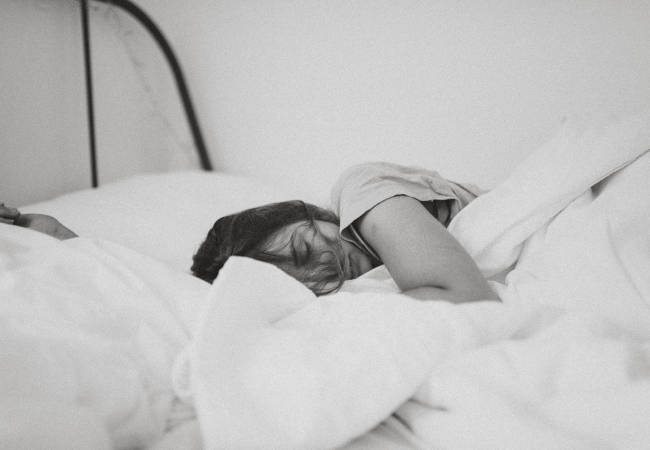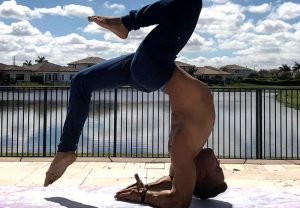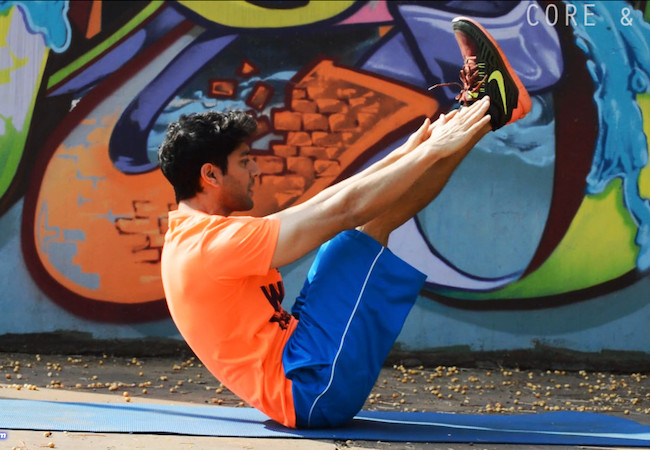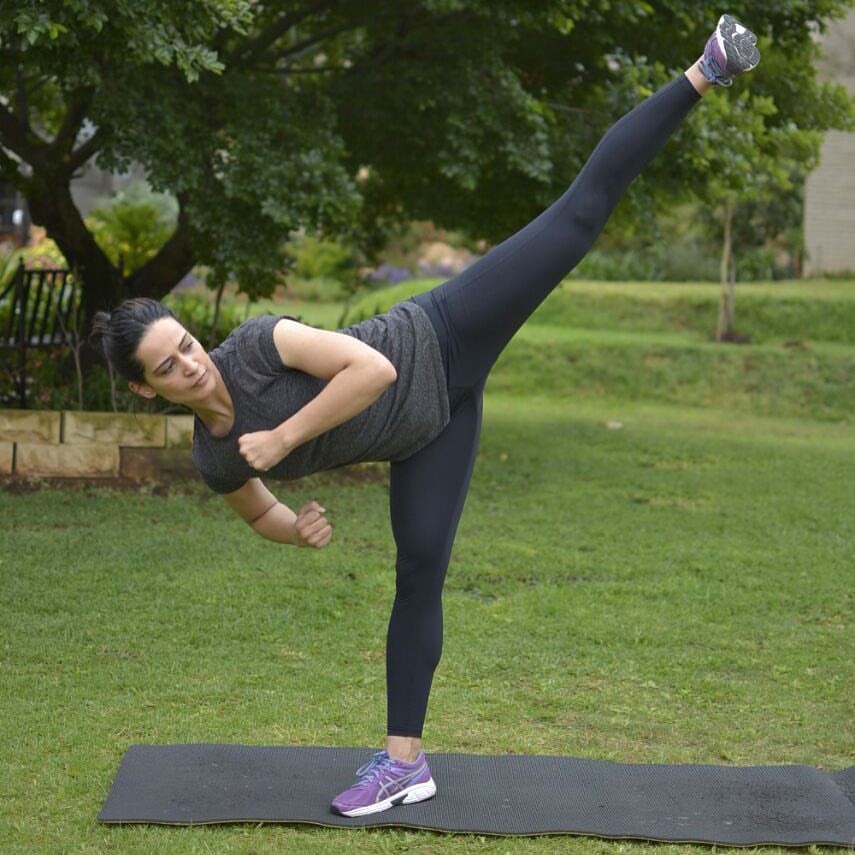As a runner, you may be concerned about how much sleep you are getting. You may not feel you are getting enough sleep, or you may wonder if you are sleeping so much that you are not able to perform your best. These are valid concerns, and we want to address them here to give you a better idea of how sleep will affect your ability to run well.

What Studies Show about Sleep Deprivation
There is plenty of research to examine the effects of serious sleep deprivation on physical and mental performance. The number of studies on how the brain and body are affected by not sleeping for a day or two in a row is substantial. It’s a well-established fact that you simply won’t be able to perform at your best or even act like your normal self after some intense sleep deprivation.
However, the studies are less numerous when it comes to figuring out how minor sleep deprivation affects strenuous physical activities like running. Studies have been done, but they are not as detailed as we would like for the purpose of this discussion. What they have shown, however, is that losing a few hours of sleep for a few days in a row probably won’t have a serious effect on your running capabilities. Your body should still supply the same amounts of oxygen and will be able to perform physiologically at the same level for a while.
Your body may not be completely onboard with the idea, giving you some struggles here and there, but it can manage with running after a few days of poor sleep. Your body will adjust eventually to less sleep and continued running activities, but it may not be an easy adjustment period. It’s possible that you may suffer from things like hair loss, constipation, fatigue and other health issues that can get in the way of your running.
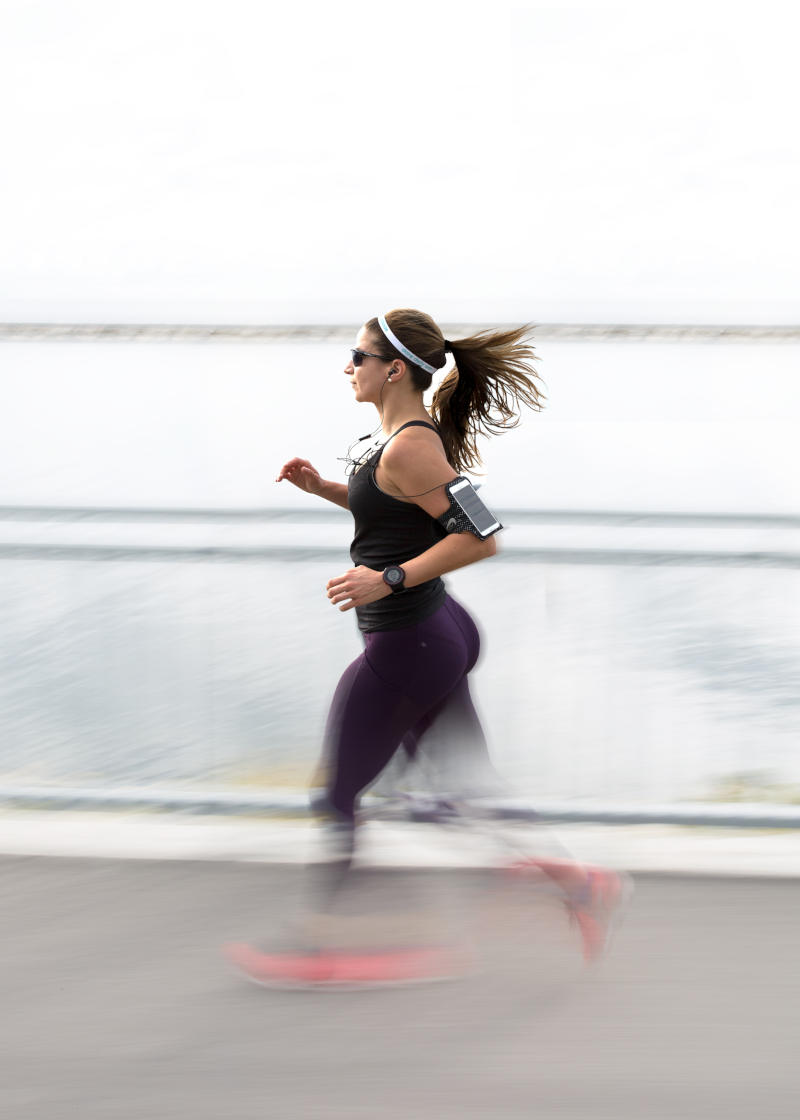
How Much Sleep Do You Need?
We have all heard the medical advice that people need 7-9 hours of sleep each night, but you have to realize that different people need different amounts of sleep. According to the National Sleep Foundation, that 7-9 hours holds true still for people aged 26-64, with older adults needing slightly less (7-8) and anyone younger than 26 needing more.
As you may notice, there is a range with these figures. Some people will need nine hours of sleep to feel rested and to perform at their best. Others can get away with seven hours of sleep a night and not need more than that for much of their life. How much sleep you need to be at your best will depend on a variety of factors, such as your health, weight, level of physical activity, stress levels and more.
Ultimately, you will need to decide for yourself how much sleep works for you. Your doctor can give you some recommendations, but you’re probably going to fall somewhere within the 7-9 range. Like we said before, you can get away with less sleep for a short while, but that will take its toll, both on your health and on your running. Yes, your body may adjust over time if you constantly try to get by on less than seven hours of sleep, but your running performance is going to be hampered, and you won’t be able to reach your full potential.
If you feel like you could be doing better and running longer and not getting as worn out after your runs, then you may want to examine your sleep schedule. It can be worth it to get a bit more sleep in order to keep your body operating at peak performance and to ensure that your running isn’t draining too much of your energy.

Dealing with Sleep Deprivation in Your Running
There will likely be instances where you simply don’t have time to get enough sleep and still want to do your regular running. You’ll have to know how to cope with the stress you are putting on your body. One way to help alleviate some of that strain is to use the proper running equipment, and sites like Jogging Addiction and others offer some great resources to help you find suitable equipment that makes running much easier.
You may also need to adjust your nutrition to deal with the new challenges your body is facing. Talk to your doctor or dietitian about what changes may help. You will likely be advised to increase your carbohydrate intake to give your body more long-term energy.
You will also likely have to deal with higher levels of stress, due to an increased production of cortisol, which is the stress hormone. Coping activities like spa treatments, meditation, yoga and other relaxation methods can help with this issue.
We want to leave you with this thought about how sleep deprivation affects your running performance: You probably know if you are asking too much of your body and if you are not getting enough sleep. Poor lifestyle habits will affect your body’s overall performance and long-term health, so if you feel you can’t make changes to your sleep schedule or your running regimen, then talk with your doctor about what else you can do.
Author bio:
Sofia Alves is an avid runner, conveyor of messages, sunshine addict. Guided by the belief that health is a choice, she recently started sharing her knowledge as a contributing writer at Jogging Addiction. In her free time, you can usually find her sharing stories with friends over a glass of dry wine and a plate of her favorite pesto spaghetti.
Photos by:








